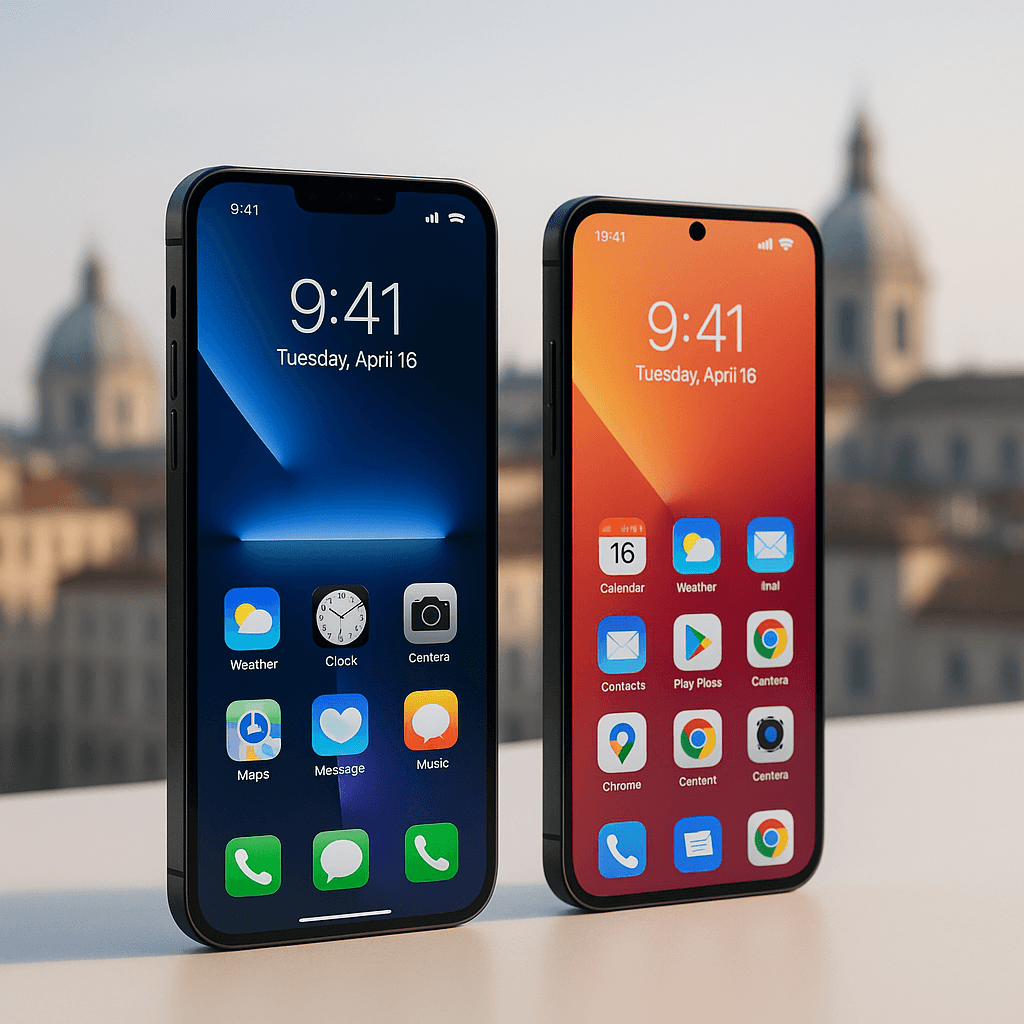Xiaomi just fired a direct shot at Samsung's dominance with the international launch of its 15T smartphone series in Munich, pricing the flagship-spec devices at €649 and €799 to undercut Samsung's comparable models by hundreds of euros. The Chinese tech giant isn't stopping at phones - it's also rolling out home appliances globally, copying Samsung's ecosystem playbook.
Xiaomi just turned up the heat on Samsung with a calculated strike at the heart of Europe's smartphone market. The Beijing-based tech giant unveiled its Xiaomi 15T series in Munich on Wednesday, pricing the devices at €649 ($766) for the standard model and €799 for the Pro version - positioning them as direct challengers to Samsung's premium lineup.
The timing couldn't be more strategic. While Samsung's Galaxy S25 starts at €799 in Germany and the S25 Ultra commands €1,249, Xiaomi is betting that European consumers will jump at flagship features for significantly less money. The 15T series packs triple-camera systems, expansive 6.83-inch displays, and robust battery power into what the company positions as "affordable flagships."
"The 15T is basically an affordable flagship with high-end features but priced half a notch down from the top tier premium devices," Bryan Ma, vice president of devices research at International Data Corporation, told CNBC. That pricing strategy has already propelled Xiaomi to third place in European smartphone market share, trailing only Samsung and Apple.
But smartphones are just the opening move. Xiaomi revealed its broader ambitions by launching the Mijia brand of home appliances globally, including refrigerators, washing machines, and air conditioners. It's a page straight from Samsung's playbook - the South Korean giant has dominated markets by offering everything from phones to TVs to kitchen appliances under one ecosystem.
The appliance expansion represents Xiaomi's boldest challenge to Samsung's diversified business model yet. "Xiaomi naturally puts the pressure on any competitor in the sectors that it enters given its operating model of aggressively priced yet good quality products," Ma noted, highlighting the threat this poses across Samsung's product portfolio.
Xiaomi's European success story has been building for years through what analysts call a "premiumization strategy." The company launched its more expensive Xiaomi 15 phones internationally earlier this year while simultaneously preparing its flagship 17 series for the Chinese market. Each launch tests new price points and features as Xiaomi pushes further upmarket.












